Do You Suffer from Histamine Intolerance?
Have you ever poured yourself a glass of wine after a long day and after a few sips your face becomes flush or your tongue feels itchy?
Have you ever experienced a runny nose or headache when you eat bananas, strawberries, avocados or fermented foods, like sauerkraut?
On these occasions, do you find yourself waking up at the slightest sounds, tossing and turning all night? Or perhaps you just don’t feel right after eating certain foods and you don’t know why.
If any of this sounds familiar…
You Could be Suffering from Histamine Intolerance
But before we get to that, let’s take a look at histamine and the role it plays in your body. Histamine is a neurotransmitter – a chemical messenger that relays signals between neurons in your brain and other parts of your body.
The primary roles of histamine involve your digestive and immune systems. Because it is found in stomach acid and the bloodstream, it can activate an immune response almost immediately if it picks up something you have consumed that your body is sensitive to.
Usually, we are quite aware of when and why histamine affects the body…
If you have pet or seasonal allergies, you might notice itchiness, swelling or a runny nose. This is mediated by a histamine reaction. And it can often be alleviated by over the counter medications that contain antihistamines. These medications help reduce the inflammatory response and ease restricted blood flow.
You may have a similar response to something you eat or drink. It might resemble an allergic reaction. And it could come from something you haven’t reacted to in the past. It is not unheard of to develop new allergies as we age. But the more likely culprit is histamine intolerance.
You may have histamine intolerance if you frequently suffer from:
- Dizziness
- Headaches
- Accelerated heart rate
- Difficulty sleeping
- Fatigue
- Anxiety
- Flushing, itching or hives
- Nasal and lung congestion
- Abnormal menstrual cycle
- Swelling in the face, tongue or eyelids
Now, before you stock up on Benadryl or schedule an expensive doctor visit, it is important to understand what the causes may be and why your immune system responds this way.
As we have already discussed, your body produces its own supply of histamine, which functions as a chemical messenger. However, certain foods also contain histamine. Other foods provoke your body to release it. And finally, some foods actually block the enzyme (called DAO) that breaks down histamine.
When you consume these foods in combination with your body’s natural levels of histamine, it can provoke a wide range of uncomfortable symptoms. 1
And while medication may help some people, there are ways to modify your diet and supplements you can take that are much safer and can be even more effective.2
How to Test for Histamine Intolerance
If you have experienced any of the symptoms above and you still don’t know the cause, you should find out if you have histamine intolerance.
The simplest way to know determine this is through an elimination diet. For 30 days, remove high histamine foods from your diet. You should also eliminate foods known to provoke a histamine reaction (more on this in a moment). At the end of the 30-day elimination period, begin reintroducing these foods one at a time. Record how you feel and any reactions you experience.
There is also a blood test your doctor can order through Dunwoody Labs. The test measures levels of histamine and the enzyme that breaks it down (DAO). A high ratio of histamine to DAO indicates that you are consuming too much histamine or that you’re not able to adequately break it down.
How to Reduce your Histamine Load
Histamine is present in most foods, so you can’t avoid it completely. But you can reduce your total load by avoiding foods that are known to be high in histamine. Avoid foods that provoke your body’s own reaction. And avoid the foods that block your production of DAO.
It might seem contradictory that many of these foods are considered healthy. In fact, some are what you might consider “superfoods.” But the truth is that we are all biochemically individual. And what might be “healthy” for one person can make another person sick.
So let’s take a look at some of the usual suspects:
- Avoid fermented beverages – especially wine, beer, champagne and kombucha.3 If you must consume an adult beverage, vodka or gin with soda water is recommended over the former.
- Avoid fermented foods – cheese, vinegar, cured meats, soy sauce, sauerkraut, kimchi and other fermented foods contain high levels of histamine.
- Avoid processed foods – there are many food additives and preservatives that can provoke your body to produce histamine. It is best to avoid these foods for many reasons. It’s also important to avoid aged, smoked, canned fish and fish sauces, as well as smoked and processed meats such as salami, ham, bratwurst and bacon.4,5
- Avoid leftovers and overly ripe fruits and vegetables – As produce ripens histamine levels rise. The same thing happens when a meal is stored in the refrigerator (not the freezer).
- Moderate or avoid these fruits – citrus fruits, dried fruits (like raisins, apricots and figs), bananas, strawberries, avocado and pineapple can either be high in histamines or cause your body to release histamine naturally.
- Moderate or avoid these vegetables – tomatoes, spinach, eggplant and avocados
- Avoid energy drinks, mate, black and green tea – these can block your production of DAO. The result is higher histamine levels and a possible reaction.
Now, that might sound quite restrictive. But there are still LOTS of foods that you can eat to lower the impact of histamine on your system. Here is a partial list of low-histamine “safe” foods:
- Fresh vegetables (except for those listed above)
- Grass fed beef
- Cage free poultry
- Wild caught fish
- Eggs
- Rice
- Apples, grapes, mango, pear, watermelon, cantaloupe
- Almond or Coconut milk
- Olive and coconut oil
- Herbs and herbal tea
What You Can Do to Fix It?
The good news is that histamine intolerance is something you can treat. And if you can find the cause, there is a good chance you can eliminate the condition altogether.
Many people have histamine reactions to medicines they take. So, if you are on any drugs look into this possibility and consider working with your doctor to wean off the medication.
Other root causes include gluten intolerance. This can lead to a leaky gut which will greatly increase your sensitivity to histamines. SIBO (small intestinal bacterial overgrowth) is also a root cause of histamine intolerance. If you have these issues, you have to address that first.
Of course, if you do believe you have a problem with histamine, I recommend removing these foods and other triggers for at least a month. You might also consider taking a DAO supplement at each meal to help your body break down histamine.
Overall, recognizing what you are putting into your body – and how YOUR body reacts to it – is the key. You may not have to avoid these foods forever. Stay positive as you learn what works best for your body!
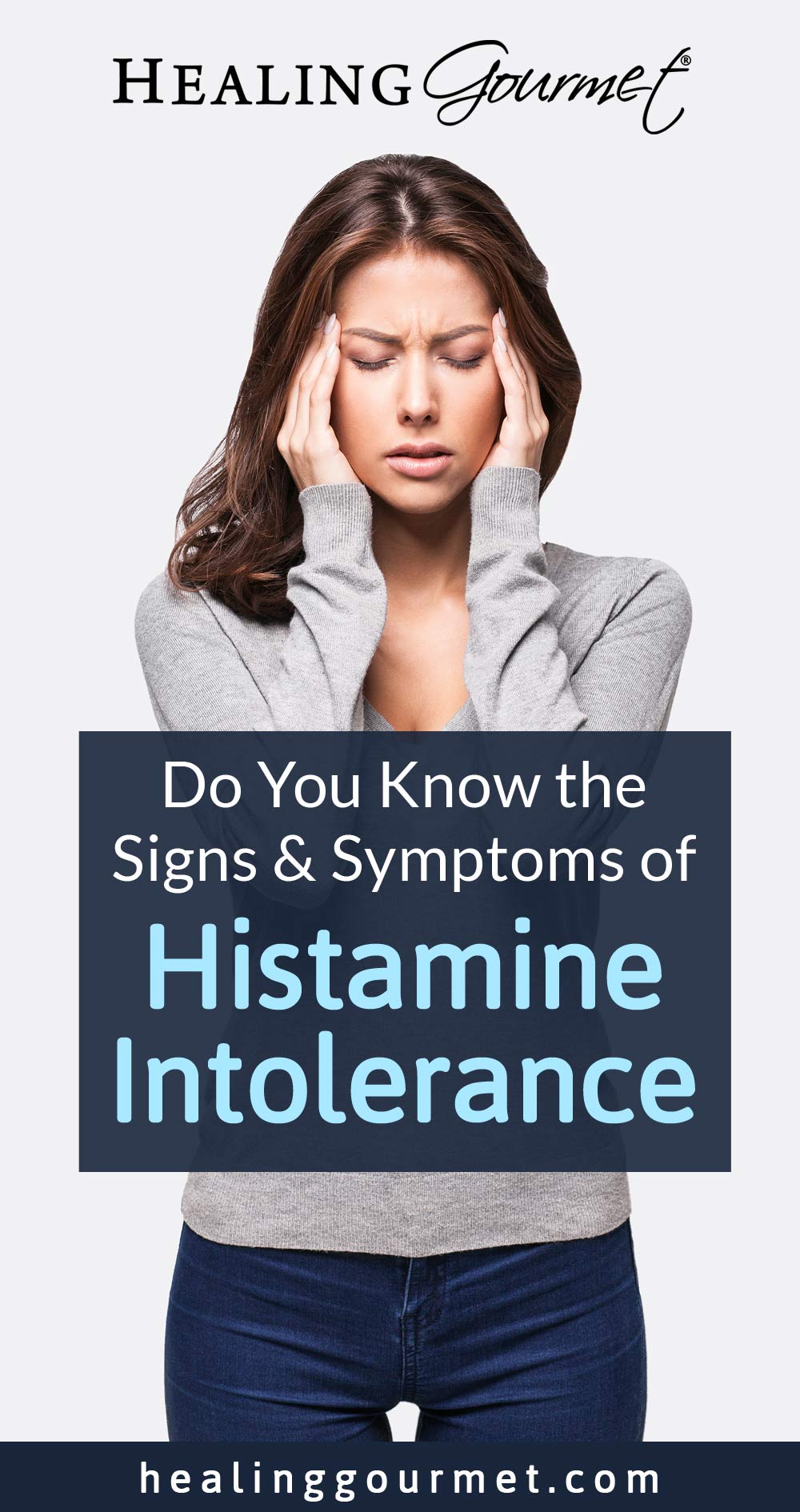
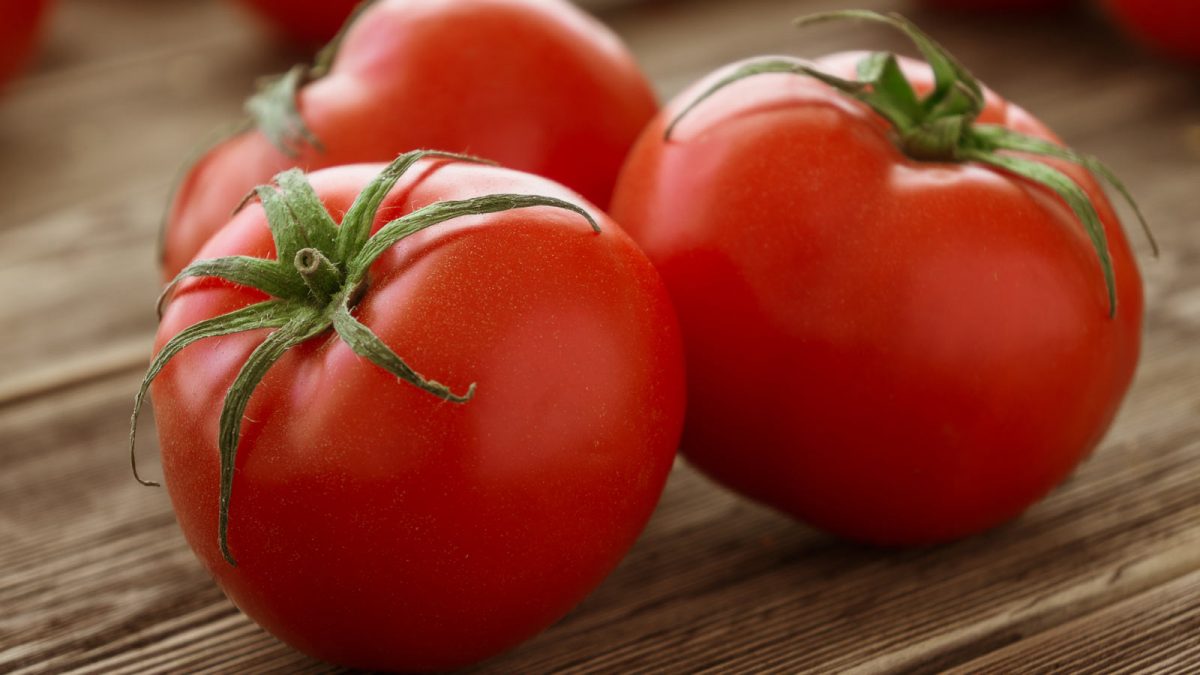
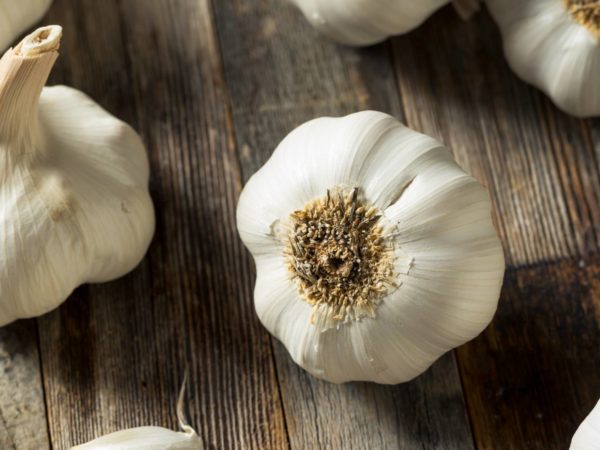
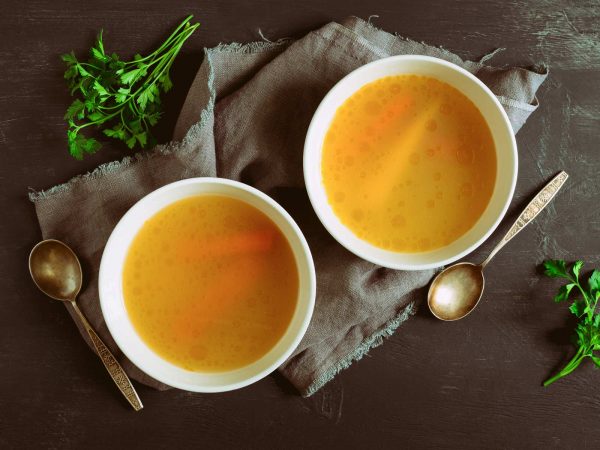
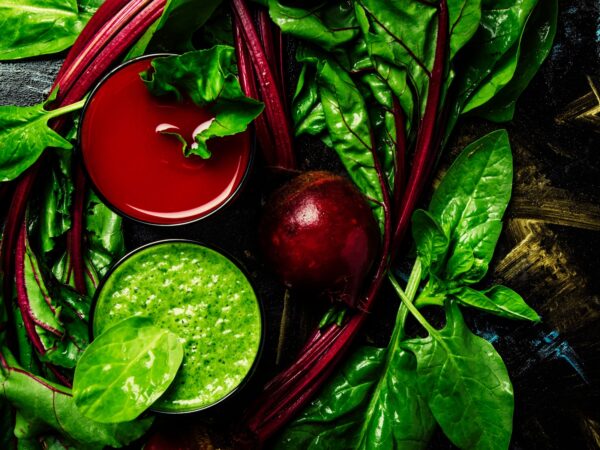
Leave a Reply